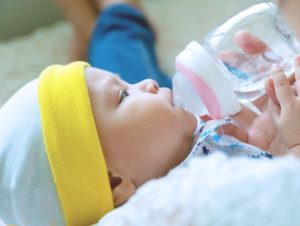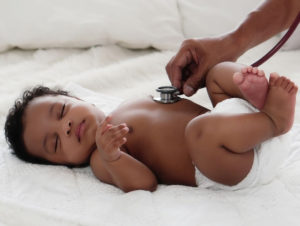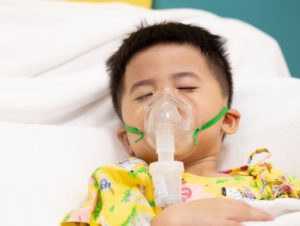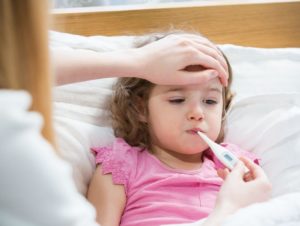Dysautonomia in Children
Dysautonomia is a condition that most parents have not heard of until they encounter the term from a pediatrician or specialist. Also known as adolescent autonomic dysfunction, dysautonomia affects the functioning of the autonomic nervous system. The nervous system as a whole controls sensory and motor function, allowing us to feel and move. The somatic nervous…
Read More








